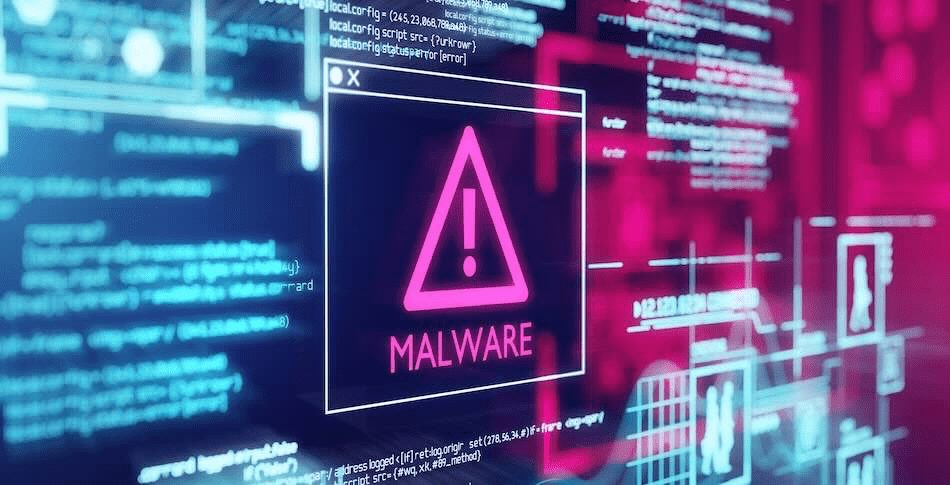
The U.S. Department of Justice (DoJ) and the FBI, in coordination with French law enforcement and cybersecurity firm Sekoia.io, have successfully dismantled a widespread PlugX malware operation orchestrated by Chinese state-backed hacking groups, Mustang Panda and Twill Typhoon. This international effort has resulted in the deletion of the malware from over 4,200 infected U.S. computers.
A global security threat
The PlugX malware, first identified in 2012, is a Remote Access Trojan (RAT) known for enabling remote execution of commands, data theft, and maintaining persistence on compromised systems through registry modifications. Used extensively by China-based Mustang Panda since at least 2014, PlugX has targeted governmental, business, and dissident organizations globally, including thousands of U.S. systems.
A coordinated effort began in 2023 when French authorities, supported by Sekoia.io, secured control over the malware's command-and-control (C2) server. This enabled precise identification of infected devices and the development of commands to remotely disinfect compromised systems. This culminated in the FBI initiating a court-authorized campaign in August 2024 to cleanse U.S.-based systems.
Removing PlugX from infected systems
This joint initiative marks a rare and extensive use of court-sanctioned measures to directly intervene on infected systems. The operation leveraged PlugX's built-in “self-delete” functionality to:
- Remove malicious files and registry keys.
- Disable persistence mechanisms.
- Eliminate the malware's operational presence from infected systems.
The operation has not only safeguarded U.S. systems but also provided an actionable framework for future international collaborations against cyber threats. By the end of 2024, thousands of computers were disinfected globally, setting a significant precedent for proactive cyber defense.
Mustang Panda has long been associated with state-sponsored espionage, targeting European and Asian governments, U.S. entities, and dissident groups. Their campaigns have demonstrated a relentless pursuit of strategic data, often through covertly introduced malware embedded in USB drives. The ramifications of PlugX's removal are particularly significant for U.S. cybersecurity, where the threat landscape is marked by sophisticated, state-sponsored incursions.







Leave a Reply